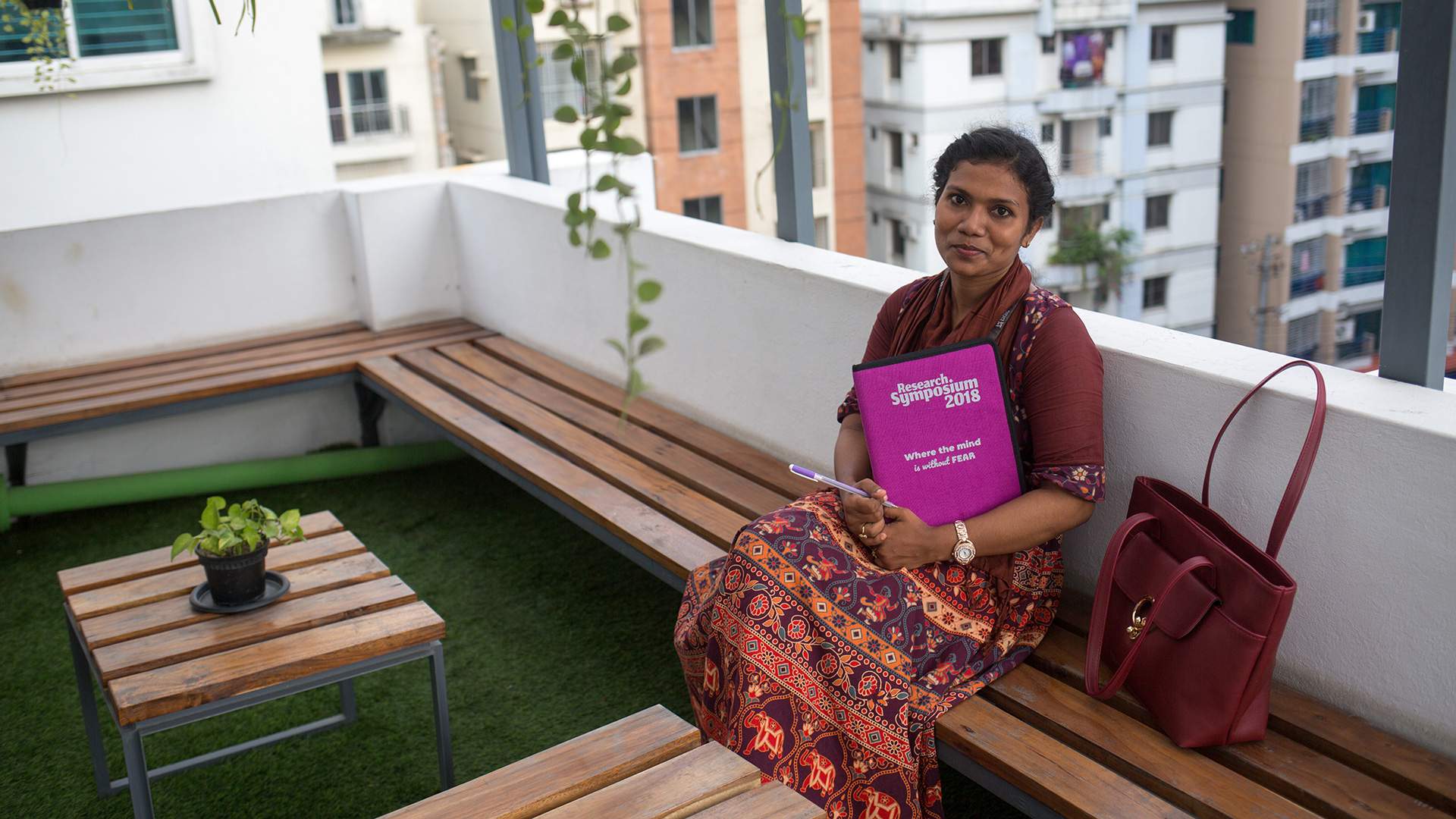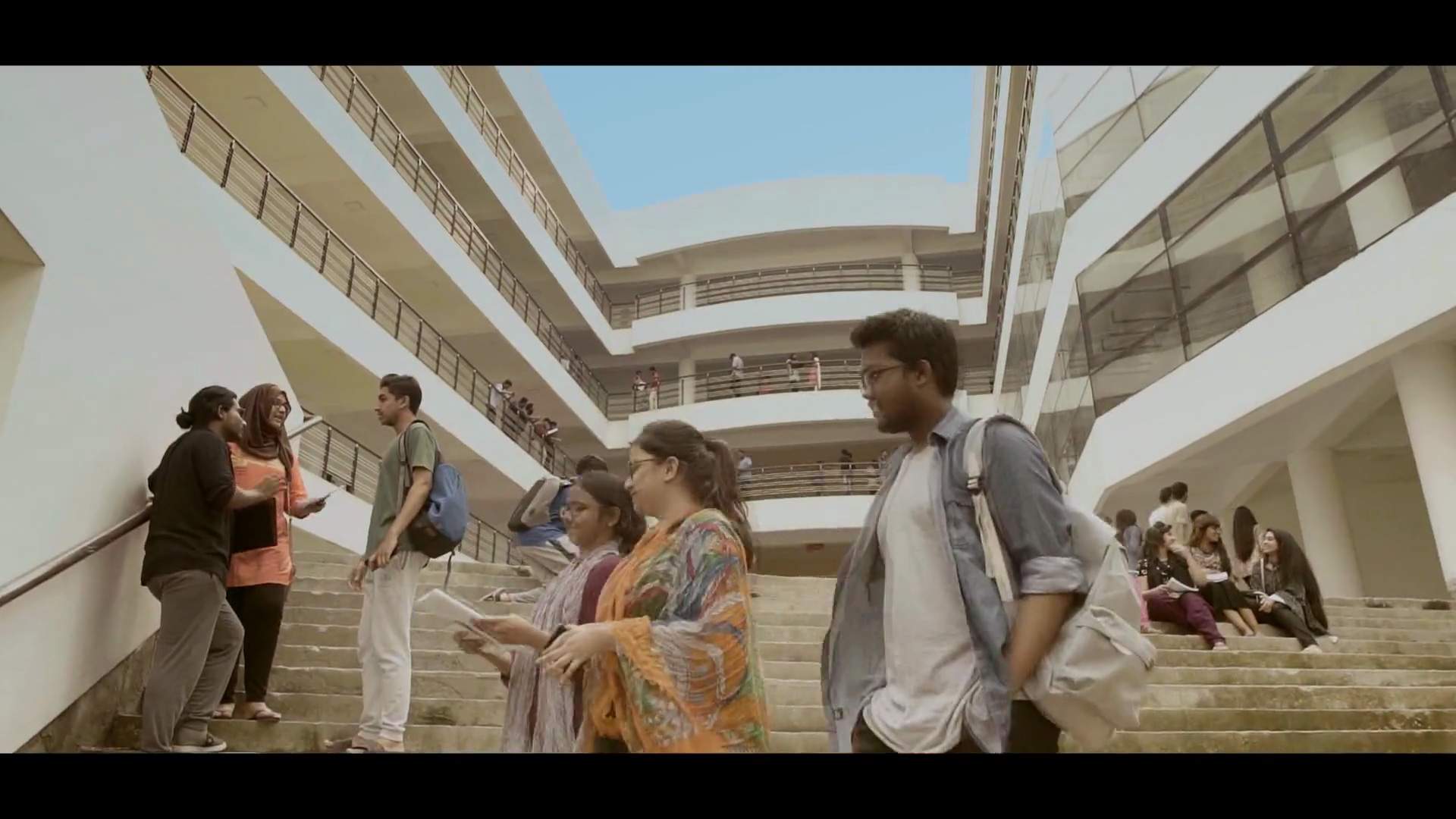Producing citizens committed to work towards national progress
Founded in 2001, BRAC University currently offers undergraduate and graduate degrees to more than 8,000 students. In 2017, BRAC University was ranked the top private university in Bangladesh by QS Asian University Rankings.
We believe strong higher education institutions can make a contribution to national development. Key aspects of the university’s role are providing the highest-quality teaching in the region at a reasonable cost and producing the talent and leadership that society requires.
BRAC University endeavours to instill the following qualities and values in its students:
- Ethical. We need to nurture a sense of ethics among young people. Young people at all levels need to join the fight against corruption.
- Entrepreneurial. We encourage people to become not only job seekers but also job creators.
- Empathetic. We must cultivate empathy for others, including the drive to give back to one’s society.
- Effective. We need a managerial class that understands the value of productivity and effectiveness.
The broad aim of BRAC University is to create a functional elite responsive to the needs of the whole of society. This includes providing the tools required in health, education, governance and business to defeat poverty.
Departments
Department of Architecture
Department of Computer Science and Engineering
Department of Electrical and Electronic Engineering
Department of Economics and Social Sciences
Department of English and Humanities
Department of Mathematics and Natural Sciences
Department of Pharmacy
Schools
BRAC Business School
School of Law
James P. Grant School of Public Health
Institutes
BRAC Institute of Educational Development
BRAC Institute of Governance and Development
BRAC Institute of Languages

NOORJAHAN BEGUM
30 years, Cox’s Bazar
Bangladesh experienced a dramatic influx of Rohingyas fleeing violence in Myanmar in 2017. BRAC Institute of Educational Development’s Centre for Psychosocial Wellbeing was a crucial part of BRAC’s response on the ground, ensuring immediate psychosocial support for the new arrivals. A team of para-counsellors and psychosocial workers have been providing counselling and training on cross-cutting issues, such as sexual reproductive health, awareness on protection issues, and hygiene, especially targeting children and adolescents.
I met a really angry 10-year-old when I started working as a para-counsellor in the settlements in Cox’s Bazar. Every day he went straight to the music corner of the child-friendly space, and belted out angry songs against the Myanmar Government. He had lost his entire family at the hands of the Myanmar military. I worked on building rapport with him. I diverted his attention towards things that he liked – art and football, it turned out. He switched to reciting kabbiya (traditional Rohingya poetry) with his new friends. He emphasised to me the deeper crisis lying underneath the geo-political layers of the Rohingya crisis - one of identity and trauma, and generations of neglect.
I did my masters in social welfare in Dhaka University and was trained in psychosocial support at the BRAC Institute of Educational Development. As the crisis in Cox’s Bazar unfolded, I received intensive training and moved there. Nothing could have prepared me for a crisis of this scale. Our team was one of the first responders on the ground as thousands of people, young and old, most with injuries, poured in every day with horrific experiences to share.
I assisted in establishing child-friendly spaces and providing psychosocial support for children. I learnt their language to be able to communicate easily with the children and give them a sense of home. The experience made me understand the real impact of para-counselling on the lives of people. It strengthened my resolve to pursue higher education and move forward with my career in helping others achieve psychosocial wellbeing.

